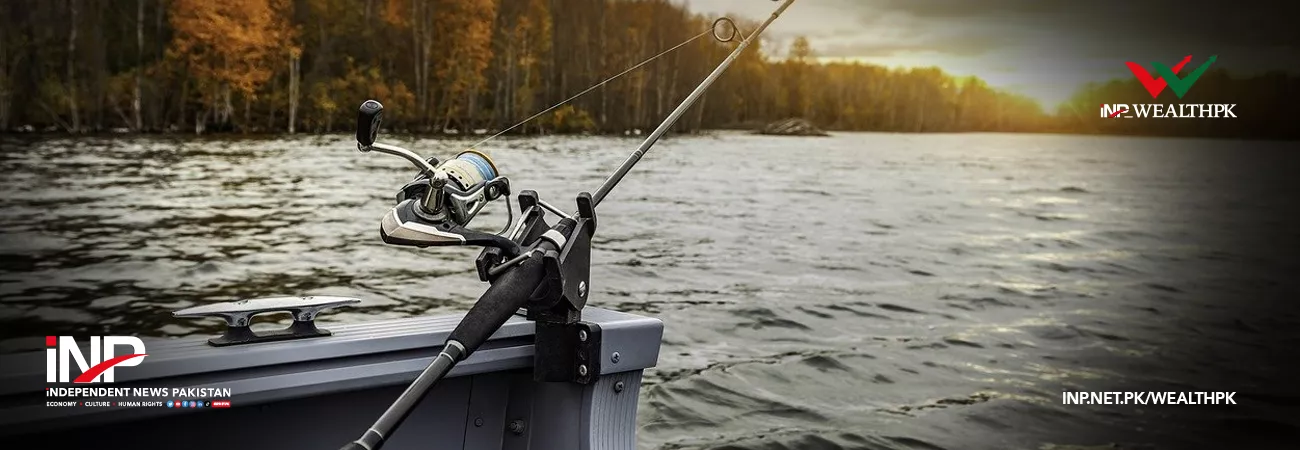INP-WealthPk
Arooj Zulfiqar
Pakistan’s fishing industry needs to adopt sustainable fishing practices to reduce bycatch and ensure the industry’s long-term sustainability. “The greatest threat to the ocean’s megafauna (marine mammals, seabirds, elasmobranchs, and sea turtles) is bycatch, which is also the main factor behind the extinction of some cetacean species,” said Faisal Iftikhar, Chairman of the Pakistan Fisheries Exporters Association, Karachi.
Bycatch, the unintentional capture of non-target species during fishing, is a major concern for the industry globally, as it leads to the wastage of millions of tons of fish and has a significant impact on marine biodiversity. “Gillnets are one of the main reasons for bycatch,” Faisal said.
He said gillnets are a big problem for Pakistan’s marine ecosystems. These nets are designed to catch fish by entangling them in the mesh, but they are non-selective and often result in the unintentional capture of non-target species, including endangered species like sea turtles, sharks, and dolphins.
“In Pakistan, the use of gillnets is widespread and unregulated, leading to a significant impact on marine biodiversity. The high bycatch rates associated with gillnets have led to the depletion of many fish populations and a decline in the overall health of marine ecosystems,” he pointed out. Faisal said a large number of fishing boats operate in Pakistan’s coastal provinces of Sindh and Balochistan. Most of these fishing boats use gillnets, seine nets and trawling methods that trap marine animals indiscriminately and lead to high quantities of bycatch.
“To address this issue, the government has taken some steps to regulate the use of gillnets. The length of the gillnet used by any licensee for fishing shall not be greater than 2.5 kilometres with a mesh size not less than thirty millimetres, and not more than 300 millimetres. The WWF (World Wide Fund for Nature) has been working with local communities to promote the use of more sustainable fishing practices, such as square mesh nets,” he said.
However, the enforcement of these regulations remains a challenge, and many fishers continue to use gillnets despite the risks they pose to marine ecosystems. Education and training are crucial to promoting the adoption of more sustainable fishing practices, including the use of selective fishing gear that reduces bycatch. The government needs to strengthen regulations and enforcement to ensure that fishers comply with sustainable fishing practices. This includes monitoring fishing activities, enforcing closed areas and seasons, and setting quotas on catch limits to prevent overfishing.
Credit: Independent News Pakistan-WealthPk













